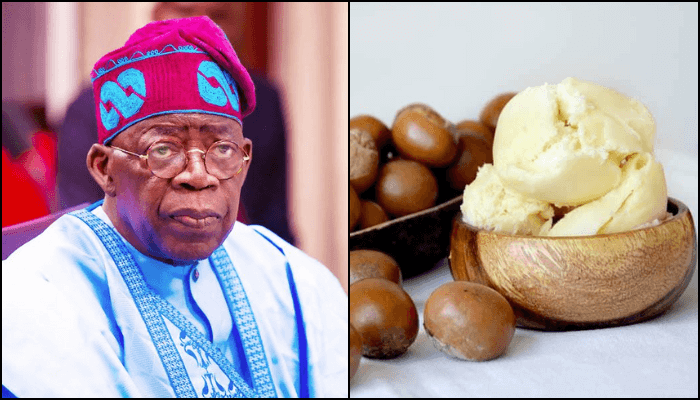President Bola Ahmed Tinubu has approved a six-month temporary ban on the export of raw shea nuts, effective immediately. The policy aims to curb informal trade, protect local processors, and reposition Nigeria’s shea industry for greater value addition.
Vice President Kashim Shettima announced the directive during a multi-stakeholder meeting in Abuja. He emphasized that the decision is not an anti-trade policy but a pro-value addition policy designed to secure raw materials for domestic processors and create jobs. “This move will transform Nigeria from an exporter of raw shea nut to a global supplier of refined shea butter, oil, and other derivatives,” Shettima said.
The policy is expected to generate approximately $300 million annually in the short term by boosting Nigeria’s share of the $6.5 billion global shea market. Nigeria currently produces nearly 40% of the world’s shea nuts but captures less than 1% of the global market value.
Minister of Agriculture and Food Security, Senator Abubakar Kyari, noted that Nigeria’s processors operate at only 35–50% of their installed capacity. He explained that over 90,000 metric tonnes of raw shea are lost each year to unregulated cross-border trade, which undermines local industries.
The ban is also seen as a significant step towards empowering women, as over 95% of shea pickers are women. By strengthening the local processing sector, the policy aims to create more jobs and improve livelihoods in rural communities.
The government plans to work closely with stakeholders to expand domestic processing capacity and ensure the policy delivers long-term benefits. With new market access opening in Brazil and beyond, Nigeria aims to create value at home, compete abroad, and deliver prosperity under the Renewed Hope Agenda.
More than news- Its Icegate

